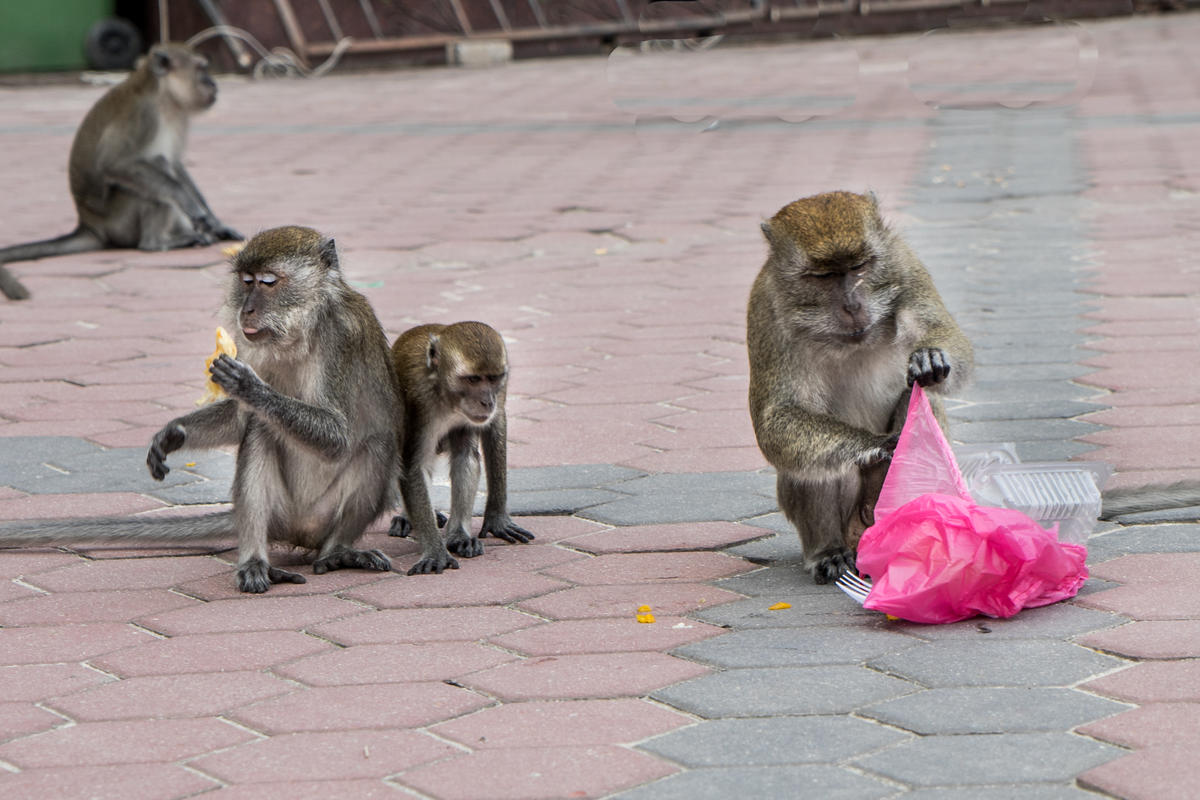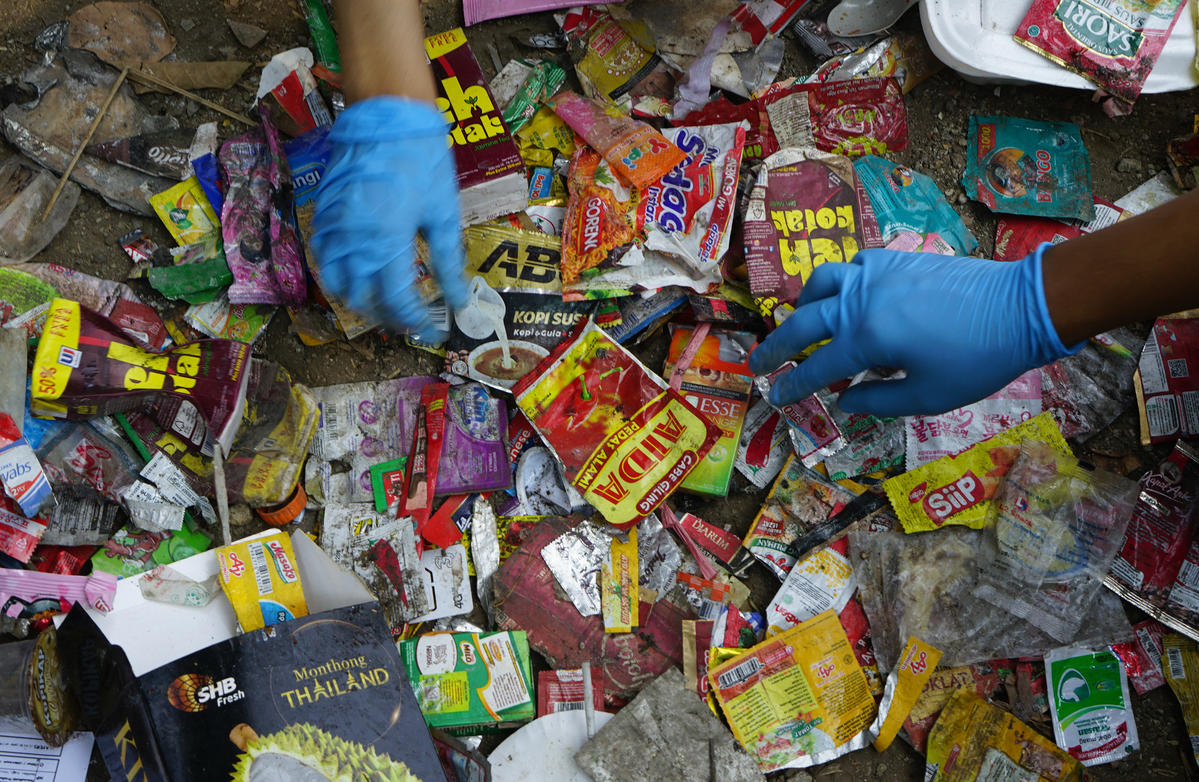Recycling, explained
Many of us take the time to carefully sort our recycling, but what really happens to the plastic waste we set aside for recycling?

Recycling is the process of collecting and processing materials that would otherwise be thrown away as waste, turning them into new products. It reduces the demand for new raw materials, conserves resources, and lowers pollution. But when it comes to plastic recycling in Malaysia, the story becomes more complex due to the challenges surrounding plastic waste management – and the fact that not ALL plastic can or will be recycled.
Does our plastic recycling actually get recycled?
As awareness of plastic pollution rises, we often see ads encouraging recycling. But what happens to our plastic once it’s collected? After collection, they go to recycling facilities, but improper disposal can contaminate entire batches. In Malaysia, limited recycling facilities and an influx of imported plastic waste complicate the situation, resulting in more waste than can be processed.
A report published in 2020 estimated that only 10% of plastic globally has ever been recycled, and Malaysia’s National Recycling Rate is 35.38% as of 2023. Many plastics can’t be recycled due to contamination, lack of infrastructure or because they contain a mixture of different types of plastics that are not easily processed – this is especially true for single-use plastic (SUP). While some plastics that are meant for recycling end up in landfills, the natural environment, or incinerators, releasing harmful pollutants. Plastics take a long time to degrade and ultimately become microplastics.
In short, while some plastics are recycled, most are not, and Malaysia faces significant challenges from both domestic and imported plastic waste.
The problem with recycling in Malaysia
Malaysia became a significant destination for imported plastic waste, receiving nearly half a million tonnes of waste in early 2018 from countries like the U.S., the U.K, Germany and Japan.
Why? Initially, Malaysia had less stringent environmental regulations compared to other countries, making it an attractive option for waste exporters. This lack of oversight allowed numerous foreign companies to send their waste without strict compliance checks. Also, our country aimed to enhance its recycling capacity to meet domestic demands and boost its economy. But, the sheer volume of imported waste overwhelmed the existing infrastructure, leading to mismanagement and illegal operations.
The increase in non-recyclable and contaminated plastic waste has severely polluted areas such as Pulau Indah, Klang, and Jenjarom. Illegal dumping and burning of plastic waste in these regions have worsened air and water pollution, threatening local ecosystems.
Also, the rise of illegal plastic processing facilities has tarnished the reputation of the legitimate recycling industry. According to an anonymous insider from the solid waste sector, these unregulated operations create unfair competition and make it harder for reputable businesses to thrive. As of mid-October 2018, there were around 500 illegal plastic waste facilities reported in Selangor alone.
We shouldn’t stop recycling – but recycling alone isn’t the solution
Recycling is important, but it’s not enough to solve the plastic problem. Communities across Malaysia are facing serious challenges. Illegal dumping and burning of plastic waste are raising alarms about public health, as harmful chemicals released during these activities can cause long-lasting health issues, including breathing problems and exposure to toxic substances.
Even though many ads encourage us to recycle more, the real issue isn’t that people aren’t doing their part; it’s that too much single-use plastic continues to be produced. This excessive amount of plastic leads to practices like burning or shipping waste to other countries to handle.
So, should we stop recycling? Definitely not! A good recycling system is crucial for reducing plastic waste. But it should be the last option because plastic can only be recycled a few times before the material is degraded to the point that they can’t be recycled back into new plastic, wasting our previous resources in the process. We need immediate action to tackle the bigger issues related to plastic production and waste management in Malaysia.
-

Why we need a strong Global Plastics Treaty
Our world is being destroyed by throwaway plastic. Plastic pollution has flooded our planet, harming people’s health, accelerating social injustice, destroying biodiversity and fueling the climate crisis.
-

Common Types of Plastic Waste Found at River Cleanups
Food wrappers, plastic bags, and bottles are major plastic polluters in Southeast Asia. Explore their environmental consequences and the need for change.
Subscribe for updates
Together we are part of a growing, global movement determined to bring about the changes our planet desperately needs.
